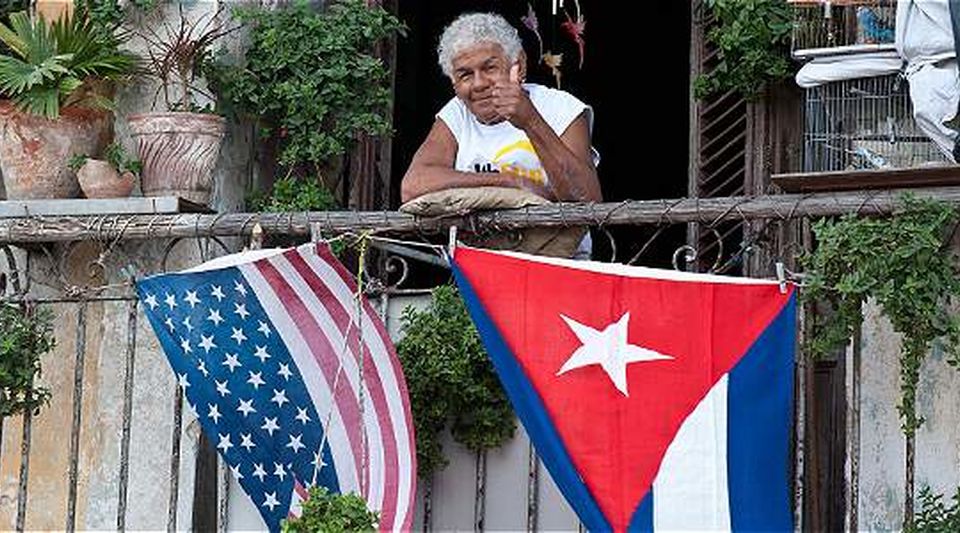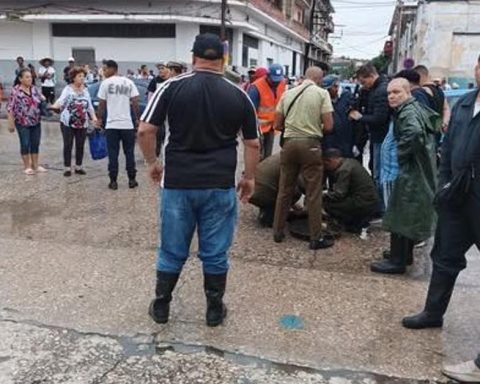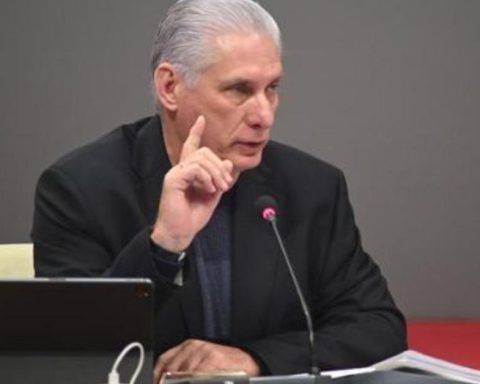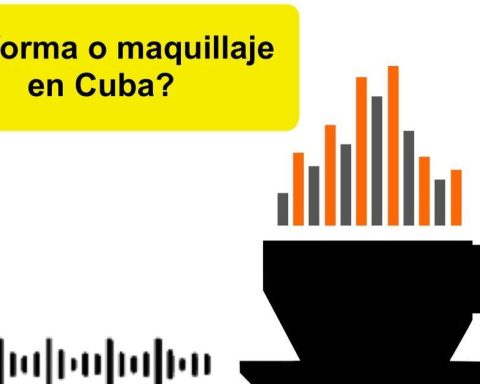The US State Department has confirmed the rumors that have been circulating in recent days about a scheduled visit to Cuba by a delegation from the Joe Biden government. according to a note posted this thursday According to the Reuters agency, which cites sources close to the White House, the meeting will take place next week in Havana and the content will deal with the implementation of some laws suspended during the term of his predecessor, Donald Trump.
“America’s concern over counterterrorism will be among the topics to be discussed,” a State Department spokesman said.
“America’s concern about counterterrorism will be among the topics to be discussed,” a State Department spokesman said.
The anonymous source from the British agency further specified the issues announced by the Government, which will be the fight against cybercrime, drug trafficking and terrorist threats.
In this sense, it is unknown if the inclusion of the Island on the list of States that sponsor terrorism will be addressed, a measure taken by Donald Trump just before the end of his term and which, for the moment, his successor has maintained.
This label, which has generated much discomfort in Havana, prevents Cuba from accessing international loans and selling or exporting weapons, in addition to some other implications for foreigners, such as entering the United States without a visa if the traveler’s passport displays a stamp entry into Cuba.
According to Reuters, Washington refused to answer the question of whether to address Cuba’s removal from that blacklist.
The official stressed, however, that the meeting will not change his government’s policy “on critical issues of human rights.”
This meeting will be the first to address the application of laws since the end of Obama’s term and, according to the White House, is beneficial to the population on both sides of the Strait.
“This type of dialogue enhances the national security of the United States through better international law enforcement coordination, which allows the United States to better protect American citizens and bring transnational criminals to justice,” said the Department of State in a statement.
The talks are, according to the document, “a forum to raise difficult issues and convey concerns directly to the Cuban government.”
“This type of dialogue enhances the national security of the United States through better international coordination of law enforcement, which allows us to better protect American citizens”
The US delegation will presumably be made up of representatives from the Department of State, Homeland Security and Justice and the FBI.
During his electoral campaign, Joe Biden announced some flexibility in the policy towards Cuba compared to that of his predecessor, especially in relation to remittances and trips to the Island. These announcements led Havana to be excited about the victory of the Democrat, but for two years his expectations were frustrated.
The Biden Administration, more concerned about other issues such as the pandemic, the world economic crisis and the situation with Russia and China, had put aside the Cuban issue which, according to some analysts, benefits the president little, due to pressure from political sectors. and Florida citizens originating from the Island.
However, since May of last year some of Trump’s policies began to be reversed, with the return of flights from the US to the Cuban provinces or the reopening of consular services. Negotiations on the immigration issue of recent times have also been resumed, with results such as the US compliance with the 20,000 visas agreed upon in the time of Barack Obama and the new program to emigrate legally through a “sponsor” that guarantees financially to the newcomer.
________________________
Collaborate with our work:
The team of 14ymedio He is committed to doing serious journalism that reflects the reality of deep Cuba. Thank you for accompanying us on this long road. We invite you to continue supporting us, but this time becoming a member of our newspaper. Together we can continue transforming journalism in Cuba.















